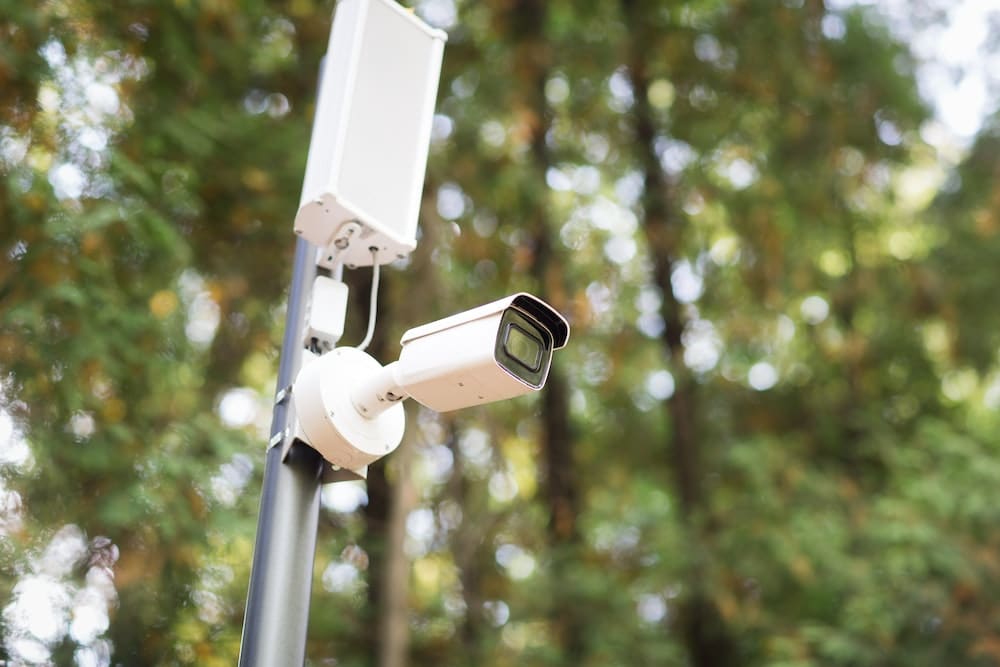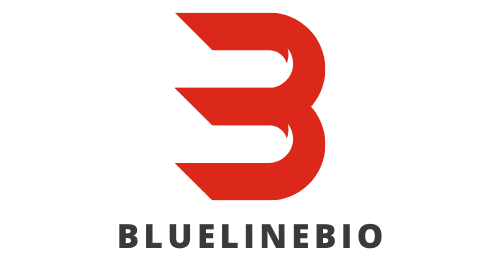What’s the Best Way to Monitor a Pet’s Health Using Technology?

Pets, like humans, have health requirements that need consistent monitoring. As a pet owner, you desire the best for your beloved companions, and you’re constantly on the lookout for ways to ensure their health and wellbeing. Recent advancements in technology have opened up new avenues for pet care, making it easier than ever to keep a watchful eye on your pet’s health. This article delves into the various ways technology can assist in monitoring your pet’s health and ensuring they stay in top shape.
Modern Technology and Pets’ Health
As technology advances, it continues to permeate every aspect of our lives, including pet care. Today, there are numerous apps and devices designed to monitor a pet’s health, helping you track and manage everything from their activity levels to their dietary habits. With the right technology at your fingertips, you can keep your pet in the best health possible.
En parallèle : How to Treat a Bird with Beak and Feather Disease at Home?
In the past, tracking your pet’s health meant regular visits to the vet and keeping a close eye on their behavior. However, technology today offers much more comprehensive and convenient solutions. Smart devices and apps can monitor your pet’s health in real time, giving you accurate data that can assist in identifying any potential issues early. Not only does this help ensure your pet’s wellbeing, but it can also save you time and money on potentially unnecessary vet visits.
How Can Technology Help Monitor Your Pet’s Health?
You may wonder how exactly technology can aid your pet’s health. Let’s demystify this for you. Today, the market is flooded with numerous devices and apps specifically designed to help pet owners monitor their pets’ health. For instance, smart collars can track your pet’s activity and rest levels. Other devices can monitor your pet’s heart rate and respiratory rate, alerting you of any unusual changes.
A lire en complément : What Are the Best Indoor Plants That Are Safe for Cats?
Similarly, there are apps that can track your pet’s weight, food intake, and bowel movements. They can provide reminders for medication or vet appointments. Some of these apps even offer telemedicine services, allowing you to consult with a vet remotely. Such data-driven technology allows you to be proactive about your pet’s health, acting on issues before they escalate.
Incorporating Technology for Dental Health Monitoring
Dental health is often an overlooked aspect of pet care. However, it is paramount to your pet’s overall health. Poor dental hygiene in pets can lead to a multitude of problems, including oral pain, tooth loss, and even heart disease. Thankfully, technology has also made strides in this area.
There are smart devices available today that can help monitor your pet’s dental health. For instance, smart toothbrushes can track your pet’s dental cleaning habits, while apps can remind you when it’s time for their next brushing or dental check-up. Some smart devices can even examine your pet’s mouth for signs of oral disease, making dental care for your pet more manageable than ever before.
Tech Devices for Real-Time Health Monitoring
Real-time health monitoring is a game-changer in the pet care industry. Devices such as smart collars, health monitors, and GPS trackers can provide real-time data about your pet’s health and activity. These devices can monitor heart rate, respiratory rate, body temperature, and much more, giving you a comprehensive view of your pet’s health status.
With real-time monitoring, you can be alerted to any sudden changes in your pet’s health. This gives you the advantage of time to act promptly and consult your vet. Some devices even have built-in GPS trackers, so if your pet wanders off, you can locate them instantly. The peace of mind these devices provide makes them a valuable tool for any pet owner.
Turning Data into Actionable Insights
While having access to all this data is fantastic, it’s crucial to understand how to interpret it and turn it into actionable insights. For example, if your pet’s activity tracker shows a sudden drop in their activity levels, it may be a sign that your pet feels unwell. However, it could also mean that they are just tired from a busy day.
Knowing how to interpret this data is essential to take proper action. This is where your vet comes into play. Regular check-ups and consultations with your vet are still necessary. They can help you understand the data and provide advice based on their professional expertise. In conjunction with technology, your vet’s insights will ensure that your pet receives the best care possible.
The developments in the pet care technology industry certainly have a lot to offer. From tracking activity to monitoring dental health, these tools provide an unprecedented level of convenience and peace of mind for pet owners. While technology can provide valuable data and alerts, remember that it’s not a substitute for regular vet check-ups or professional advice. By integrating smart technology with professional veterinary care, you can ensure that your pets enjoy a high quality of life.
Advances in Pet Wearables for Health Tracking
With the advent of wearable technology, the ability to monitor your pet’s health has reached a whole new level. Pet wearables, like smart collars and health monitors, have become increasingly popular among pet owners. These high-tech devices offer real-time health monitoring, enabling you to keep a close eye on your pet’s vital signs.
These devices not only track your pet’s activity levels, but also monitor vital signs such as heart rate, respiratory rate, and body temperature. They use advanced sensors and artificial intelligence to gather and analyze data, offering insights into your pet’s overall health and wellbeing.
For instance, an unexpected spike in your pet’s heart rate or a sudden drop in activity could indicate a potential health problem. With this information readily available, you can take preventive measures or seek timely veterinary care.
Another revolutionary invention in pet wearables is the litter box health monitor. This device analyzes your furry friend’s waste to detect early signs of various health issues, including urinary tract infections, kidney issues, and diabetes. By catching these conditions early, you can seek immediate veterinary attention and prevent further complications.
Balancing Technology and Privacy in Pet Health Monitoring
While technology offers incredible benefits for pet health monitoring, it’s essential to consider certain aspects such as privacy. As with any technology that collects personal data, pet wearables come with a privacy policy that pet owners need to be aware of.
Just as human wearables collect data on our habits and routines, pet wearables gather similar data about our pets. This data can include your pet’s location, activity levels, health stats, and even specific behavioral patterns.
While this information can help pet owners better care for their pets, it also raises concerns about who has access to this data and how it’s being used. It’s important to read and understand the privacy policy of any pet wearable device you consider. Make sure you know who has access to your pet’s data, how long it’s stored, and if it’s shared with any third parties.
While technology has undoubtedly revolutionized pet care, it’s important to use these tools responsibly. Balancing the benefits of real-time health monitoring with maintaining privacy is key to ensuring both the health and safety of our beloved pets.
Conclusion: Navigating the World of Pet Health Technology
The rise of technology in pet care is a positive advancement for pet owners worldwide. Incorporating technology into your pet care routine can greatly help in tracking and maintaining your pet’s health. From wearables that monitor vital signs to smart devices for dental health, technology has indeed made pet care more proactive and efficient.
However, as with all technology, understanding its proper usage and limitations is crucial. It’s important to remember that while these devices provide valuable insights, they do not replace professional veterinary care. Regular vet check-ups and consultations are still the best way to ensure your pet’s overall health and wellbeing.
Moreover, while the benefits of pet health monitoring technology are immense, it’s equally important to consider privacy concerns. Always review the privacy policy of any device you use and ensure that your pet’s data is handled responsibly.
In conclusion, the combination of technology and veterinary care offers the best approach to monitor and maintain your pet’s health. Technology provides the tools for regular health tracking and early detection of potential issues. At the same time, vets provide the expertise to interpret this data and offer professional advice. As we continue to navigate this exciting landscape, it’s clear that the future of pet care is here, making our furry friends’ lives healthier and happier.
